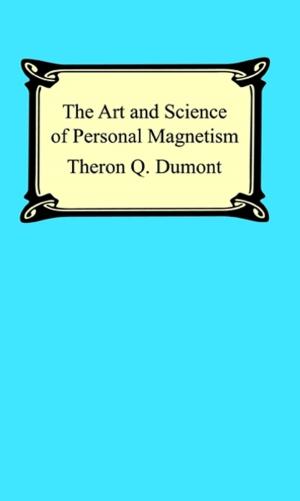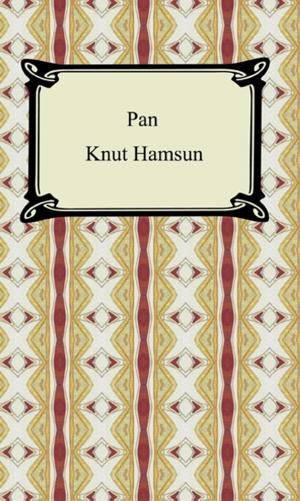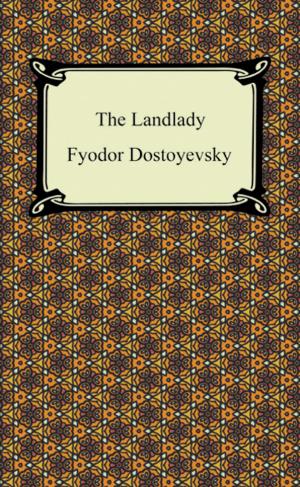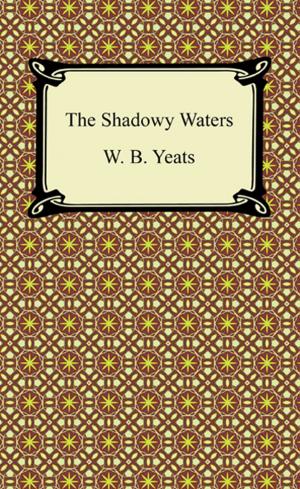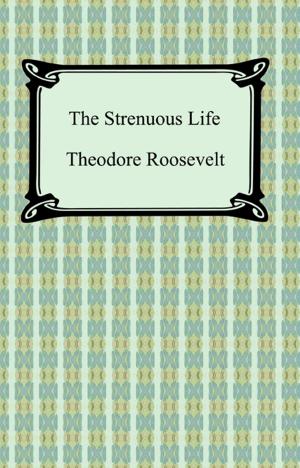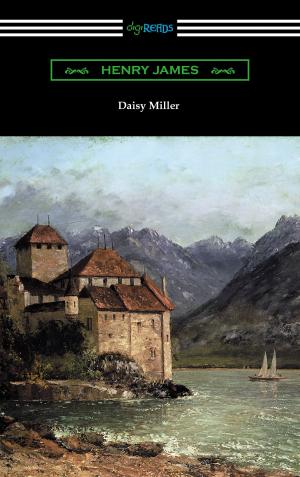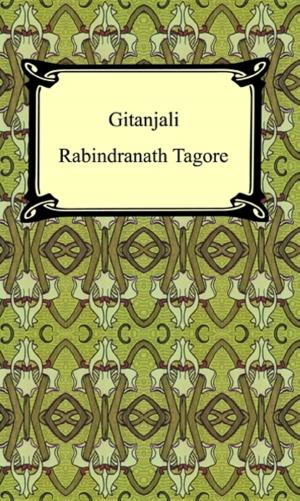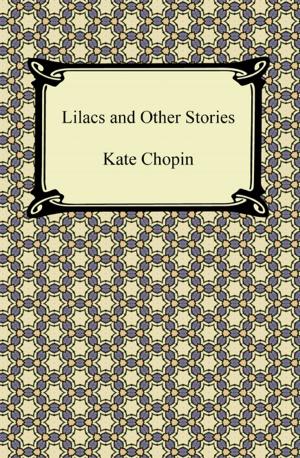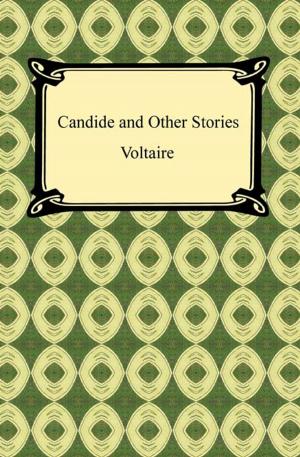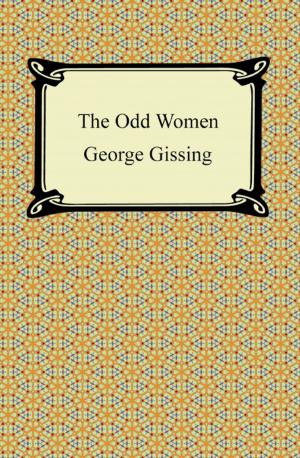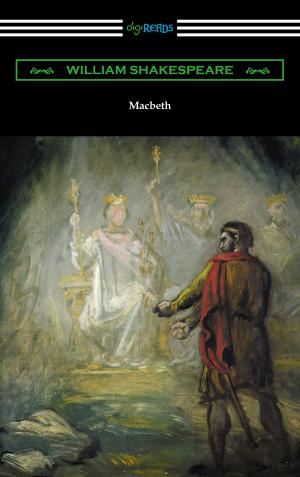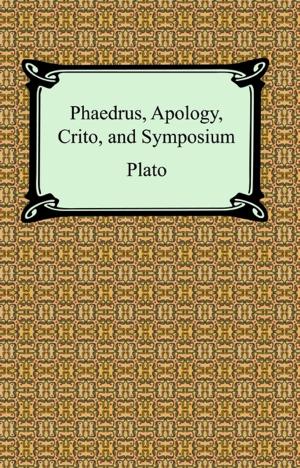| Author: | Emile Zola | ISBN: | 9781420940312 |
| Publisher: | Neeland Media LLC | Publication: | January 1, 2012 |
| Imprint: | Digireads.com Publishing | Language: | English |
| Author: | Emile Zola |
| ISBN: | 9781420940312 |
| Publisher: | Neeland Media LLC |
| Publication: | January 1, 2012 |
| Imprint: | Digireads.com Publishing |
| Language: | English |
One of the most important, though controversial, French novelists of the late nineteenth century, and founder of the Realist movement, was Émile Zola (1840-1902). He was the most important example of the literary genre of naturalism, and an integral part of developing theatrical naturalism. "The Kill" is the second book in Zola's "Les Rougon-Macquart", a twenty-volume series about a fictional family during the Second French Empire. The Kill, a second translation of "La Curée", undertaken by poet and literary critic Alexander Teixeira de Mattos, is believed to be the far superior edition when compared to the first attempt, "The Rush for the Spoil", by John Stirling. La Curée literally means the portion of game fed to hunting dogs, a title relevant to the story itself, one of societal inequality and ruthless classism. This novel met with much acclaim for its realism, despite the fact that Zola himself had never personally experienced the opulent lives of the upper-class of which he so eloquently wrote.
One of the most important, though controversial, French novelists of the late nineteenth century, and founder of the Realist movement, was Émile Zola (1840-1902). He was the most important example of the literary genre of naturalism, and an integral part of developing theatrical naturalism. "The Kill" is the second book in Zola's "Les Rougon-Macquart", a twenty-volume series about a fictional family during the Second French Empire. The Kill, a second translation of "La Curée", undertaken by poet and literary critic Alexander Teixeira de Mattos, is believed to be the far superior edition when compared to the first attempt, "The Rush for the Spoil", by John Stirling. La Curée literally means the portion of game fed to hunting dogs, a title relevant to the story itself, one of societal inequality and ruthless classism. This novel met with much acclaim for its realism, despite the fact that Zola himself had never personally experienced the opulent lives of the upper-class of which he so eloquently wrote.

